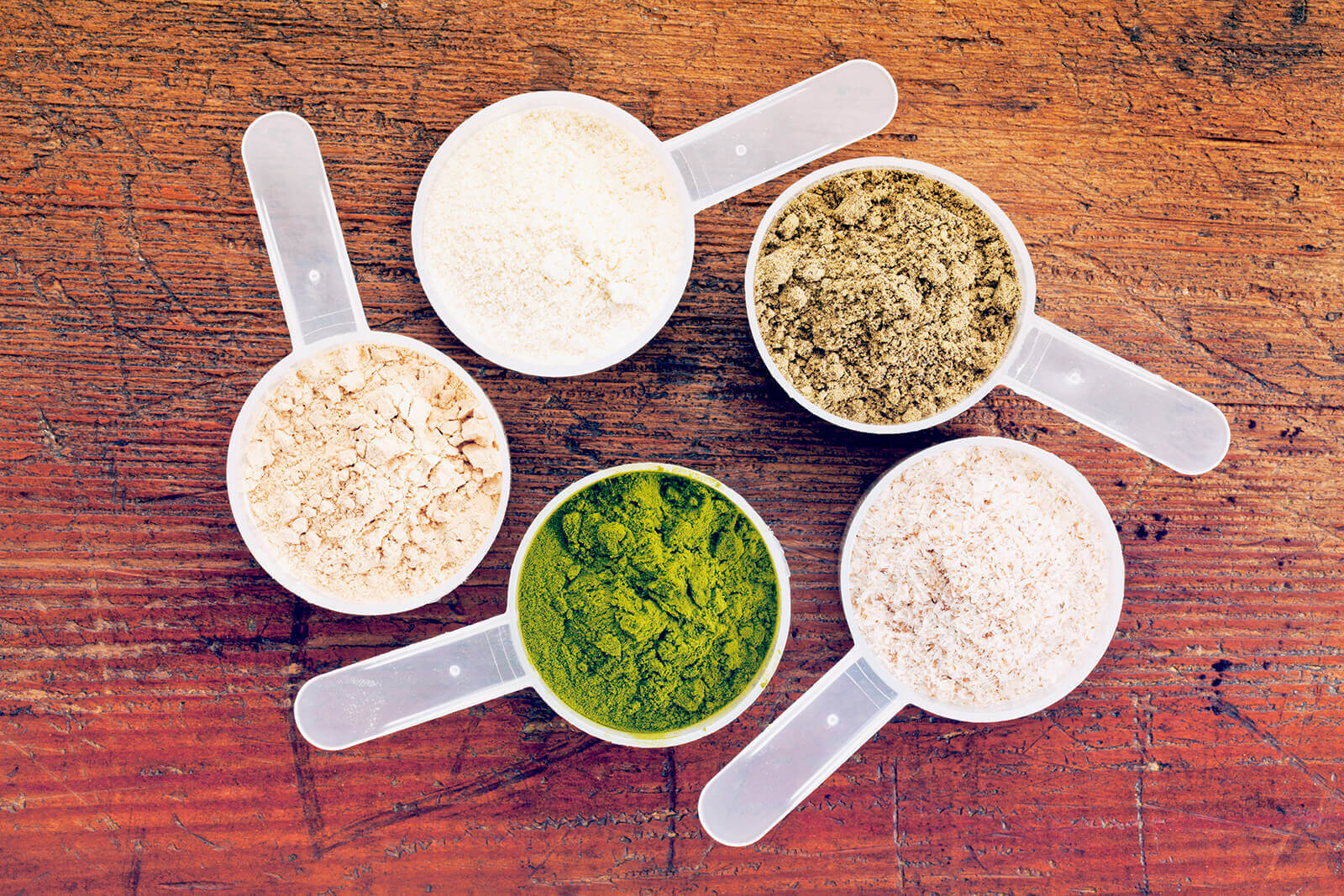Animal protein, such as milk, is highly regarded as superior because of its amino acid profile. If a similar amino acid profile were achieved with a plant-based protein, would there be differences in the anabolic response?
Overview
What did they test? Researchers compared 30 g of Milk protein to 30 g of a plant-blend protein to determine differences in anabolic properties.
What did they find? No differences in myofibrillar protein synthesis rates were found between protein types. However, there were significant differences in plasma amino acid responses favoring milk protein over a plant-blend protein.
What does it mean for you? A plant-blend protein can be similarly effective as milk or other animal sources, assuming the amount of protein and amino acid content is adequate. While animal protein still seems superior based on most evidence, plant-blend can be an effective anabolic protein source.
What’s the Problem?
Popular fitness dogma has established over the decades that it’s impossible to build as much muscle using plant protein as compared to animal protein. This is not completely unsupported by scientific research. In fact a recent meta-analysis of randomized controlled trials demonstrated a modest advantage of animal protein vs. plant protein for lean mass accrual 1. This was supported by research demonstrating that plant-based protein sources do not typically elicit the same anabolic response of muscle protein synthesis (MPS) compared to animal protein sources 2 3. This appears to be related to the essential amino acid (EAA) content of the protein, specifically the amino acid leucine which has been demonstrated to be the amino acid responsible for stimulating mTOR and MPS 4. Plant-based proteins tend to have less leucine than animal-based protein sources which has been proposed as a mechanism by which animal proteins may be more anabolic than plant proteins.
Another potential issue with plant proteins is that they tend to be less digestible than animal protein, however this is mostly confined to intact sources of plant protein in the whole food form 5. This is because much of the protein in plant sources is bound up in the fibrous plant material, making some of the protein inaccessible to digestive enzymes. In isolated forms of plant protein, this is much less of an issue as processing the plant food to create an isolated protein source drastically increases its bioavailability. A more pressing issue in isolated plant proteins is that many of them are limiting in certain amino acids. Wheat protein for example, is very low in lysine, corn protein is also deficient in lysine and tryptophan, while pea protein is low in methionine 6 7 8.
A potential strategy for improving the quality of isolated plant proteins is combining several different plant proteins to complement each other and eliminate any potential issues of limiting amino acids. Theoretically, suppose plant-based proteins can be combined to produce a similar amino acid profile as animal proteins and have similar bioavailability. In that case, there’s no reason that they should not produce similar anabolic effects. This study aimed to combine corn, wheat, and pea protein to produce a similar amino acid profile as milk protein and then compare the MPS response based on consumption of 30g of each. Combining corn, wheat, and pea protein, balances out their individual limiting amino acids. Whereas wheat and corn are low in lysine, pea protein is not. Whereas corn is low in tryptophan, wheat and pea are not. Pea is low in methionine, but wheat and corn are not. As a bonus, corn is also VERY high in leucine which helps balance wheat’s relatively low leucine content.
Purpose & Hypothesis
Researchers compared muscle protein synthesis rates between 30 g of milk protein with an equivalent amount of a plant-based protein blend (15 g wheat, 7.5 g corn, 7.5 g pea protein. Investigators expected the plant-based blend to exert a strong muscle protein synthesis rate and like animal-derived milk protein.







